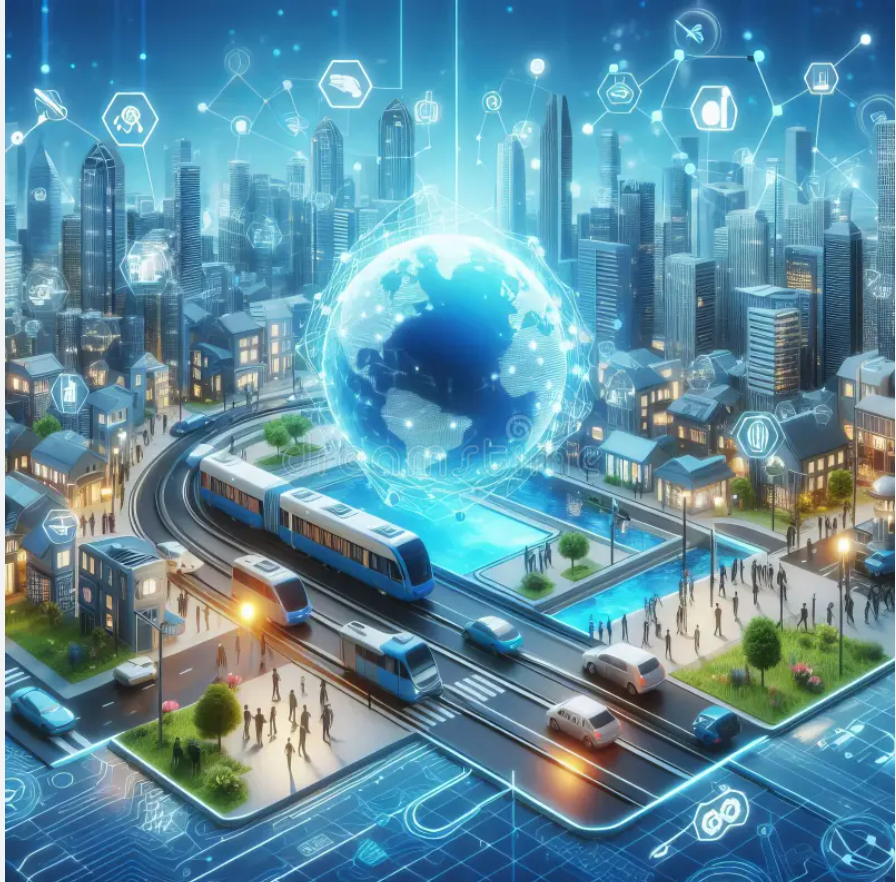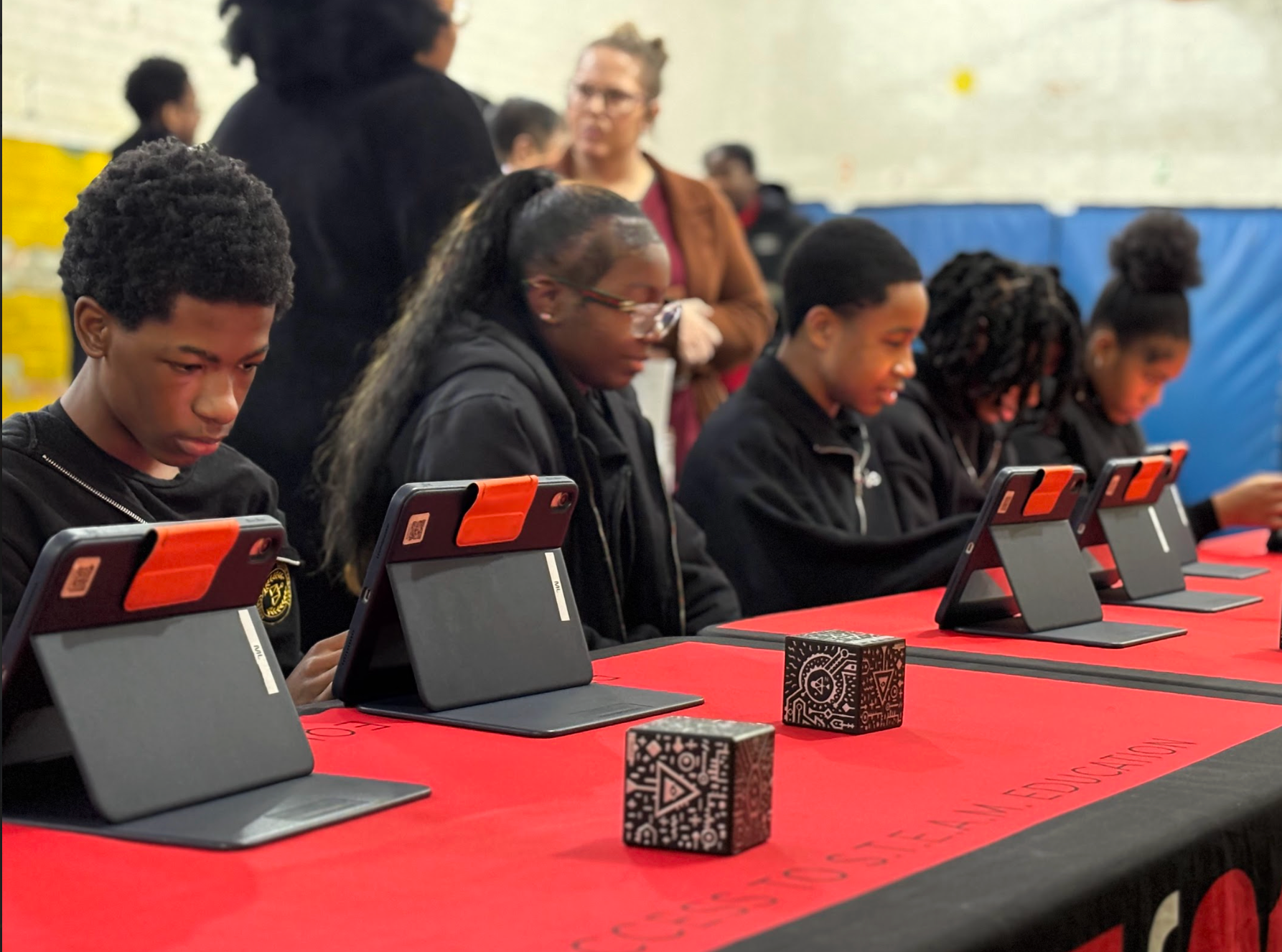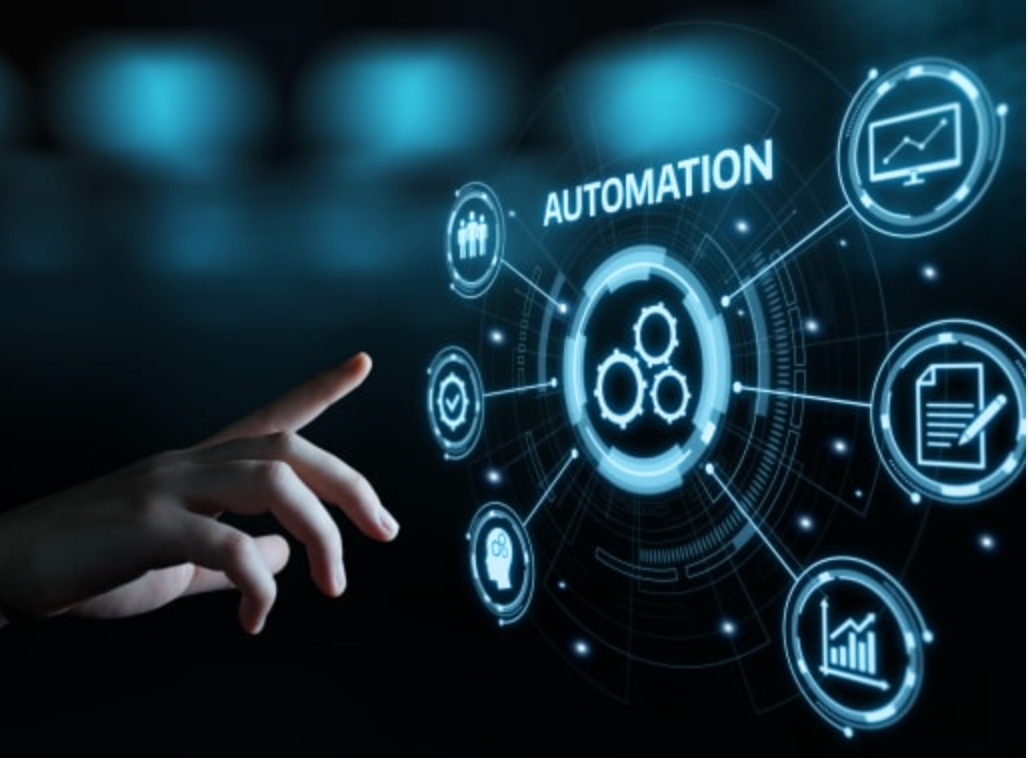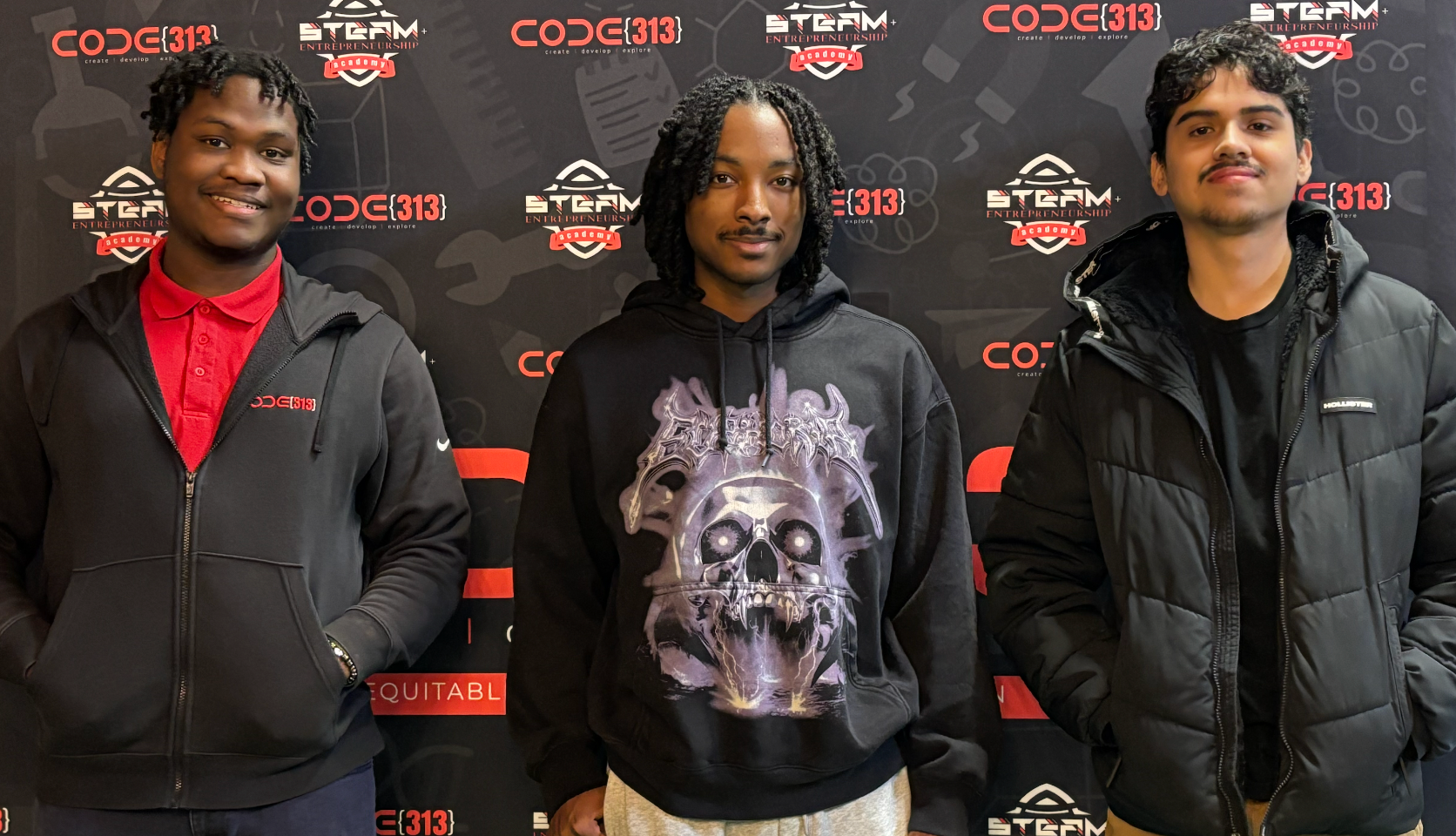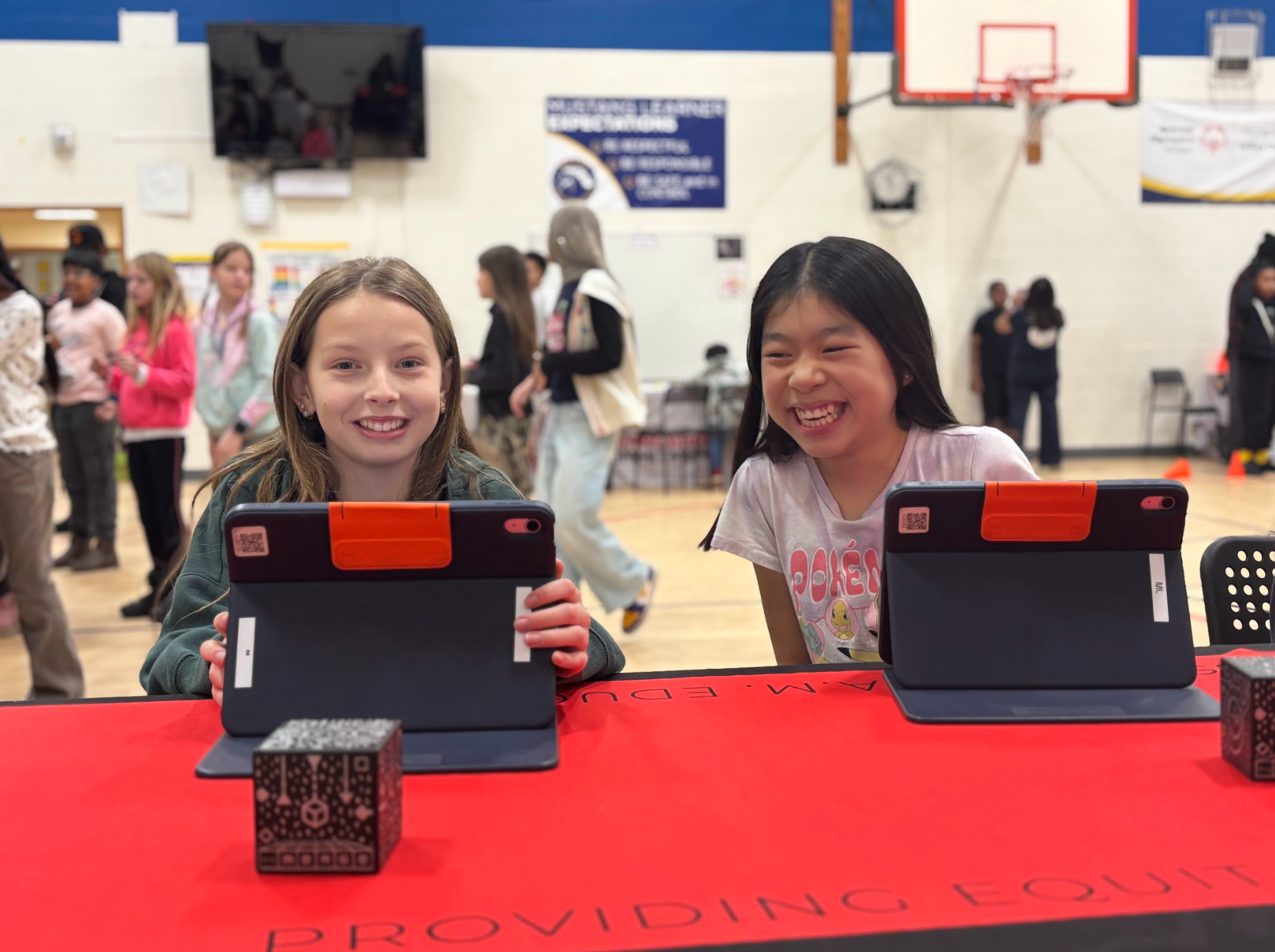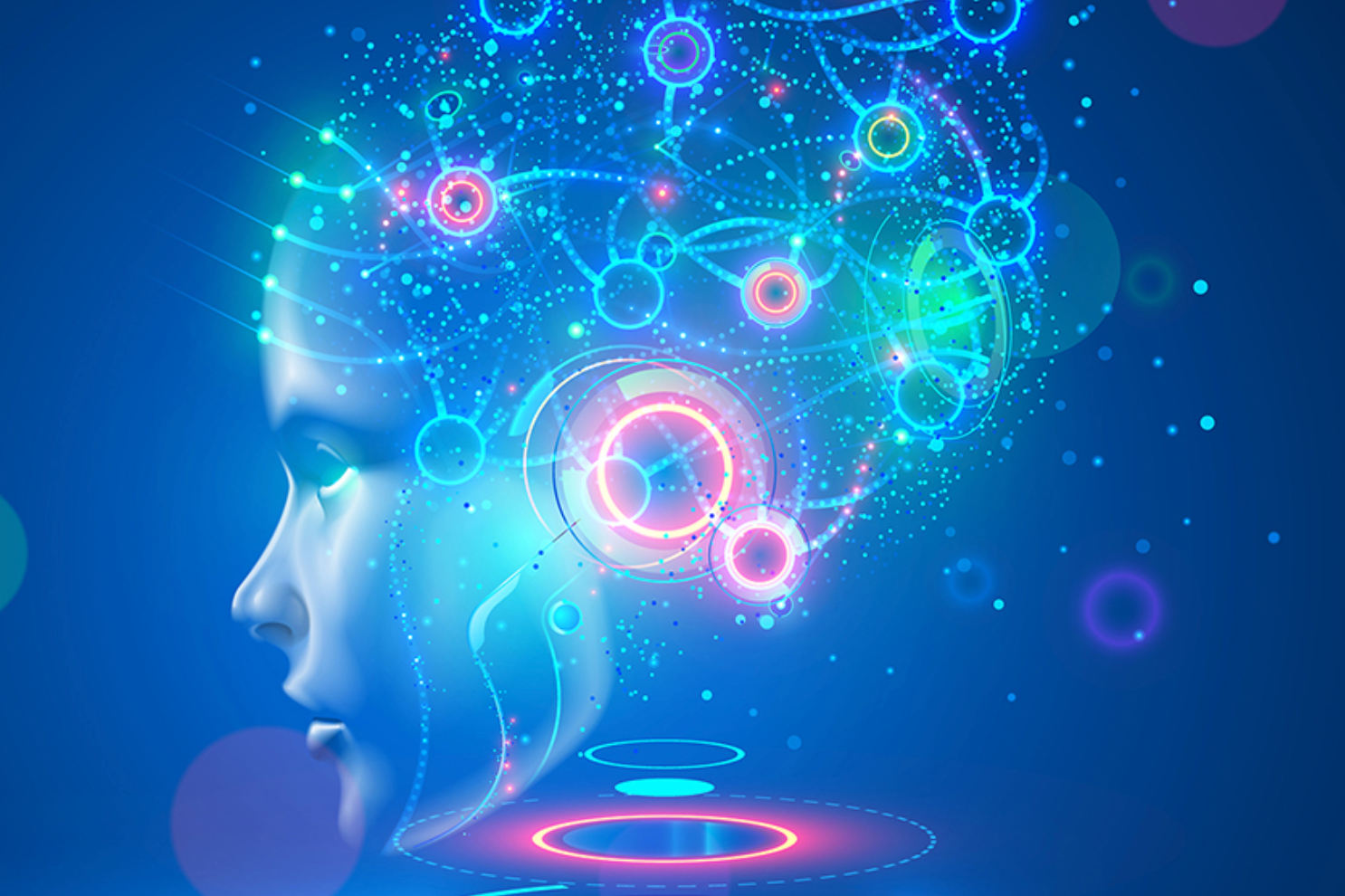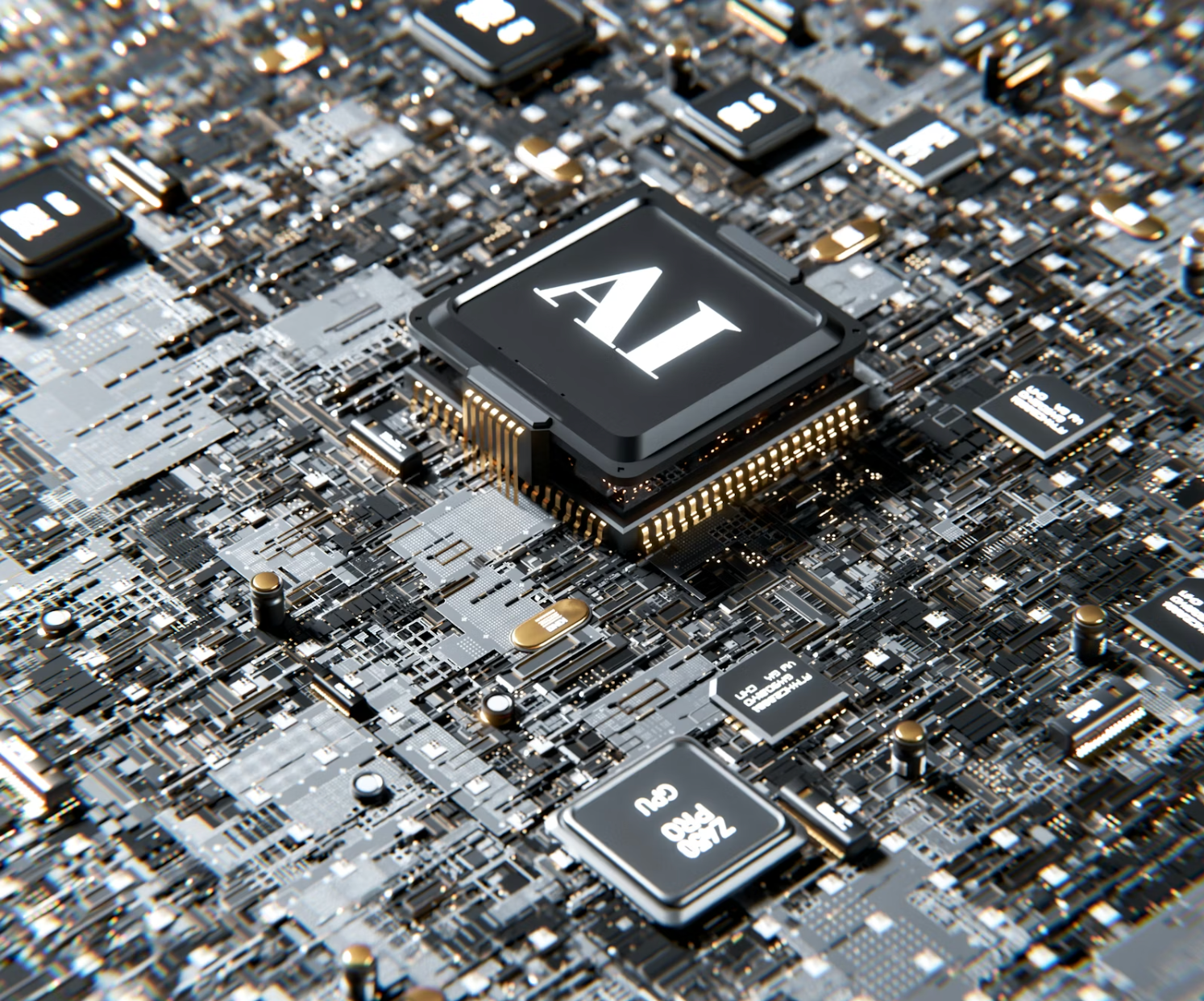Let’s Talk About It Tuesday: The Birth, Rise, and Future of Coding
Let’s Talk About It Tuesday:
The Birth, Rise, and Future of Coding
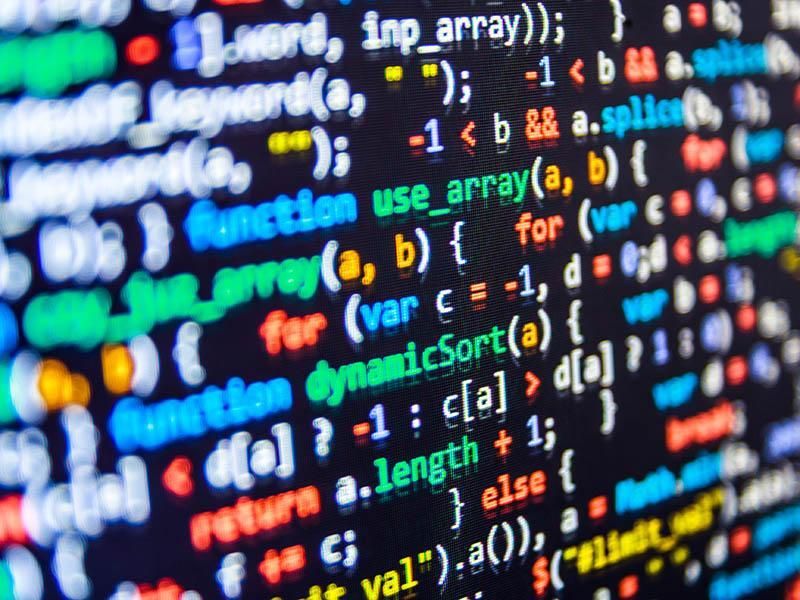
Let’s Talk About It Tuesday: The Birth, Rise, and Future of Coding
From the earliest mechanical computers to today’s artificial intelligence, coding has played a foundational role in shaping our modern world. In this week’s edition of “Let’s Talk About It Tuesday,” we’re exploring how coding began, how it’s being used today, and where engineers are taking it next.
The Birth of Code: A Vision Beyond Numbers
The origins of coding trace back to the 1800s, when Ada Lovelace wrote what is widely considered the first computer algorithm for Charles Babbage’s Analytical Engine. While the machine itself was never completed, Lovelace imagined a future where computers could go beyond mathematics and help create music and art — a prediction that would become reality over a century later.
In the 1940s and 1950s, with the invention of electronic computers like the ENIAC, programming evolved into the physical act of rerouting wires and using punch cards. Early coders had to work with machine code and assembly language — low-level systems that required deep technical precision and patience.
Coding Today: Powering the Digital World
Coding now plays a central role in nearly every aspect of modern life. The world we interact with daily — from social media platforms to medical technology — is built on software written by engineers, developers, and designers around the globe.
- Web Development and Apps: Every website, smartphone app, and online tool runs on code written in languages like HTML, JavaScript, Python, and Swift.
- Artificial Intelligence and Machine Learning: From content recommendations on platforms like Netflix and TikTok to voice assistants and facial recognition, AI-driven software is transforming how we interact with technology.
- Healthcare and Biotech: Coding is behind robotic surgery, digital medical records, and apps that track everything from fitness to chronic conditions.
- Automotive and Transportation: Self-driving cars, smart traffic systems, and electric vehicles are guided by highly advanced code and real-time decision-making algorithms.
- Creative Industries: Coding is used in game design, film animation, and virtual reality experiences that bring storytelling to new levels.
With platforms like Scratch, Roblox Studio, and Code.org, even children are learning to code early — not just as a career skill, but as a way of thinking and creating.
The Future of Coding: A New Era of Innovation
Engineers and visionaries are now exploring how to push coding even further. Here’s how the future of code is unfolding:
- AI-Generated Code: Tools powered by artificial intelligence, like GitHub Copilot or ChatGPT, are helping developers write code faster and with fewer errors. In the future, AI may handle much of the coding work, allowing humans to focus on creative direction and critical thinking.
- Quantum Programming: Traditional coding relies on binary (0s and 1s), but quantum computing introduces an entirely new way of coding based on probabilities and quantum bits (qubits), unlocking potential to solve problems currently out of reach.
- Sustainable Tech: Software engineers are coding for climate solutions, developing applications that help reduce emissions, monitor environmental data, and promote sustainable practices.
- Brain-Computer Interfaces: Futuristic technologies like Neuralink are exploring the possibility of controlling software directly with human thought, opening the door for seamless communication between brains and machines.
- No-Code/Low-Code Platforms: As the digital world expands, platforms that allow non-developers to create software without needing to write code are growing. This democratizes creation, enabling more people to innovate without a traditional computer science background.
What started as an abstract vision from a 19th-century mathematician is now one of the most essential tools in the world. Coding has evolved from switches and punch cards into a creative, powerful force behind nearly every modern innovation. And as we look ahead, it’s clear that code will continue to empower, disrupt, and transform how we live, work, and connect.
Let’s talk about it — what role do you think coding will play in your future?



